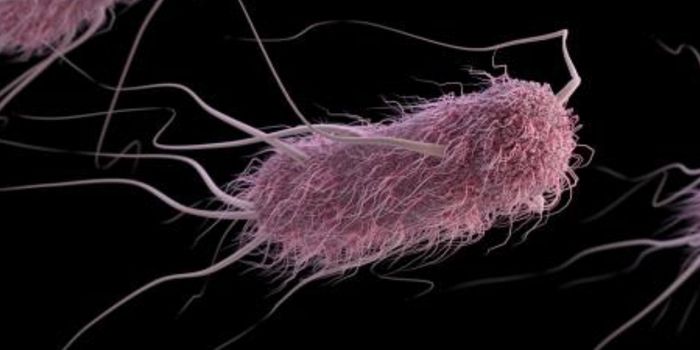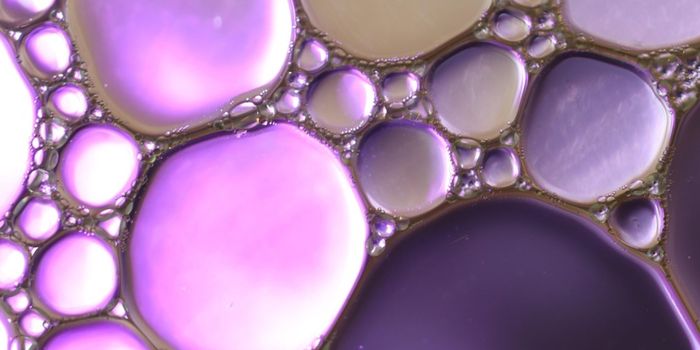Many Changes in the Gut Microbiome are Linked to Parkinson's Disease
The gut microbiome has been associated with many heath conditions, and scientists are exploring the links between the gut microbiome and Parkinson's disease, a neurodegenerative disease associated with aging. It's thought that only a small proportion of Parkinson's cases are due only to genetics, so environmental factors are likely instrumental in the development of the disease. For example, some research has already identified links between Parkinson's and exposure to dry cleaning chemicals or diesel fumes.
Changes in the gut microbiome may be one way to reveal more about how the environment could be influencing the risk of Parkinson's disease. In a new study, researchers analyzed the gut microbiomes of Parkinson’s patients and unaffected individuals to look for characteristics that were connected to an increased risk of Parkinson's. The scientists used genetic sequencing to identify the gut microbes in the study participants, and machine learning to assess the findings. The findings have been reported in Nature Communications.
While the composition of the gut microbiome is often highly variable from one person to another, this effort still revealed some important associations.
Interestingly, the microbiomes of Parkinson’s disease patients had higher levels of microbial genes that degrade chemicals such as pollutants, pesticides, and solvents.
“It is intriguing to speculate that the composition of the gut microbiome might be altered as a consequence of exposure to these chemicals. Or could the breakdown of these chemicals by the microbiome change their known effects on the neurons in the brain? And could this be a protective effect, or could the process increase the neurotoxicity of these chemicals,” suggested senior study author Dr. Georg Zeller of EMBL. “More research is needed to understand the molecular mechanisms of how gut microbes transform these chemicals.”
Parkinson's patients were found to have significantly lower levels of bacteria that generate beneficial compounds known as short-chain fatty acids (SCFAs).
The research found that Parkinson's patients also often had higher levels of bacteria that generate lactic acid. There are microbial strains that produce lactic acid, like Lactobacillus, which can break down the primary Parkinson's medication: L-dopa. But, the levels of those bacteria did not correlate with medication usage, so the medication does not appear to be driving an increase in these bacteria.
Scientists are still working to determine what effect lactic acid-generating bacteria have; some studies have indicated that they are harmless or even beneficial while other work has linked them to gut inflammation.
Higher levels of potentially pathogenic microbes were also found at higher levels in Parkinson's patient microbiomes. Many of these bacteria carry molecular machines known as type III, IV, and VI secretion systems, which are known to modulate host immunity. These microbes may be disrupting the protective lining in the gut, making it more permeable. This permeability can lead to many downstream problems, if molecules and microbes from the gut can escape into the body. Some of these offending molecules or microbes may even make their way into the central nervous system (CNS), where inflammation would be increased.
The study added that there is increasing evidence linking the relationship between gut microbes, gut health, and the CNS, to neurodegeneration and aging. The authors also noted that Parkinson's disease can itself be quite variable from one patient to another, and attempted to take those differences into account.
Sources: Quadram Institute, Nature Communications









